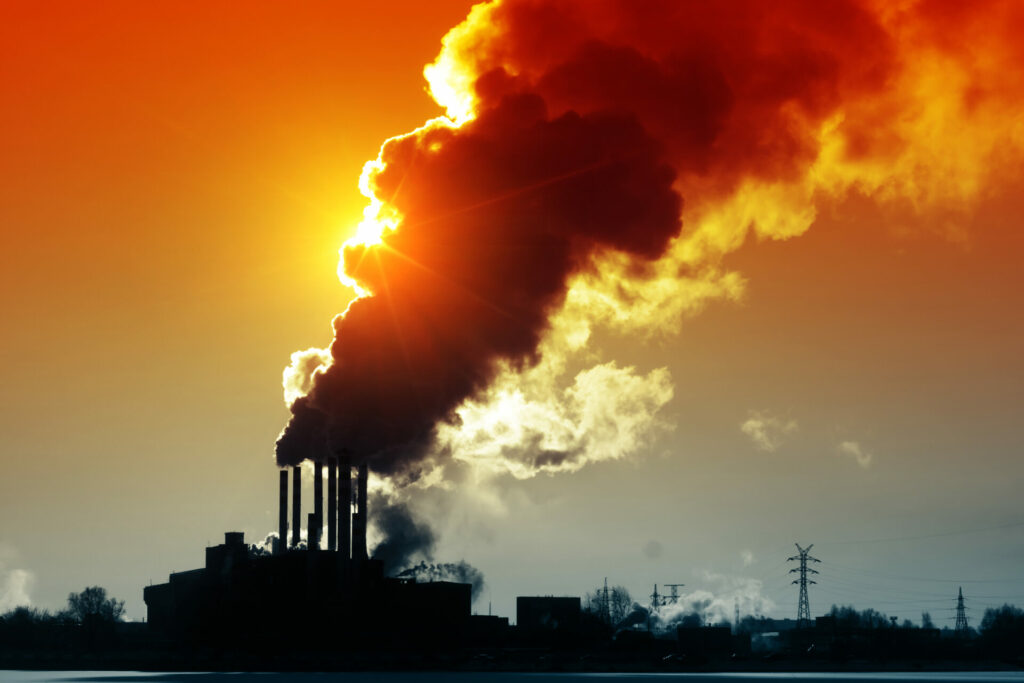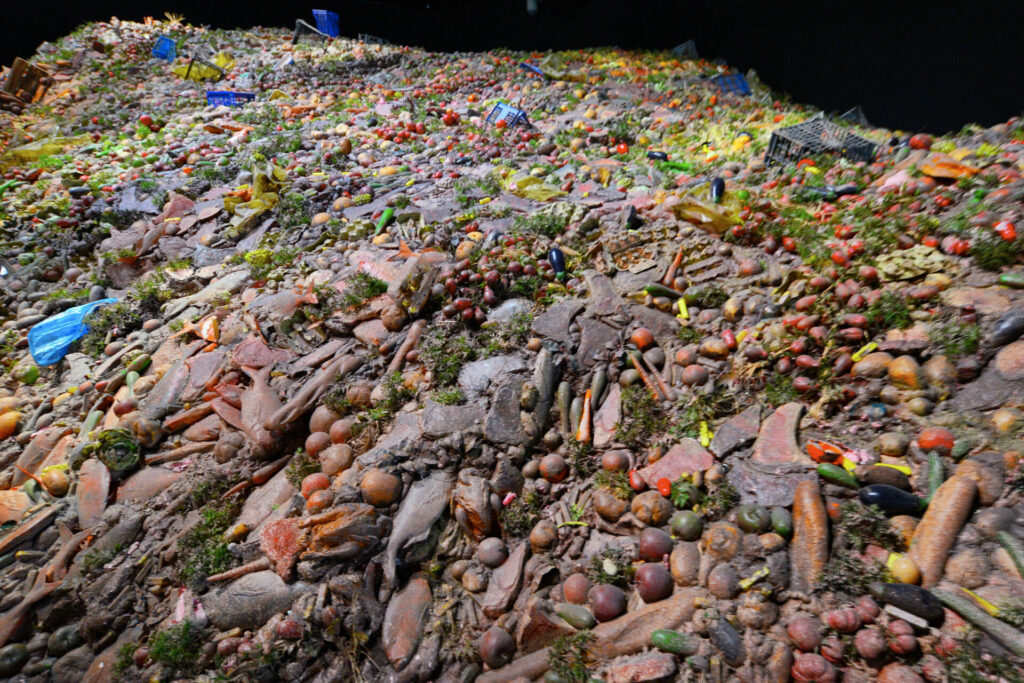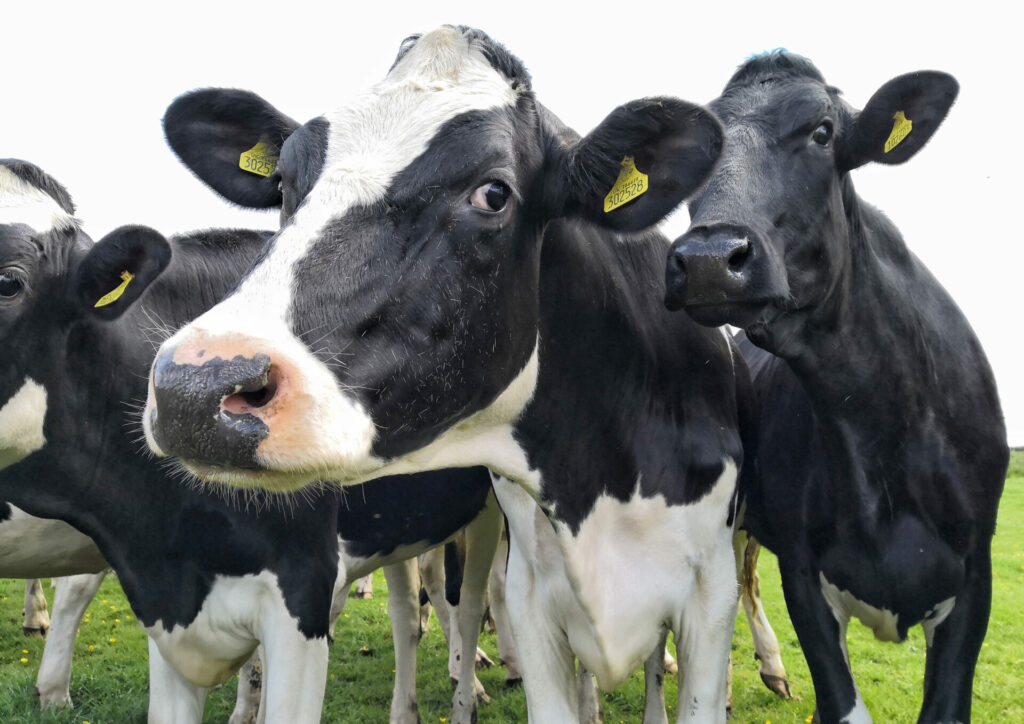There’s lots to be hopeful for in the race to tackle the climate crisis with governments around the world committing to ambitious targets to cut greenhouse gas emissions.
In September last year, for example, the UAE raised its emission reduction target to 31 per cent by 2030. Meanwhile, in the UK the government is committed to achieving net-zero by 2050. Indeed, over 70 countries, including China, the United States, and the European Union, have set net-zero targets which covers around 76 per cent of global emissions.
More than 3,000 businesses and financial institutions are also working with the Science-Based Targets Initiative to reduce their emissions in line with climate science. And more than 1,000 cities, over 1000 educational institutions, and 400 financial institutions have joined the Race to Zero, pledging to take rigorous, immediate action to halve global emissions by 2030.
Action Not Just Pledges
Pledges, however, are not the same as actions and the path to a greener, sustainable, healthy planet remains rocky and uncertain.
Emissions should be coming down given the level of all the net zero pledging from the international community and yet they remain on an unstable growth trajectory following a six per cent rise in 2021 as the world economy woke up after the pandemic.
Global energy-related carbon dioxide emissions were lower than forecast last year but still rose by one per cent.
No wonder then that UN Secretary General António Guterres stated earlier this year that humanity is still on ‘thin ice’. Carbon emissions must peak by the end of next year in order not to exceed the world’s 1.5C climate change target.
Polluting Industries
Worryingly, while plenty of industries are cleaning up their acts, often after pressure from eco-conscious customers, there are still plenty of polluting industries which continue to exact massively damaging tolls on ecosystems and the environment.
While there is no standardised method of measuring which are the most polluting, analysts generally measure factors including greenhouse gas emissions, water usage and energy consumption to identify which industries are the most damaging.
The Ethicalist reviewed a number of research studies on polluting industries and the same culprits factor repeatedly. Here are the four worst offenders:
Fuel And Energy

In repeated studies energy-related industries top the charts of the worst polluting industries largely because they are major sources of global greenhouse gas emissions.
In 2020, for example, electricity and heat production was responsible for releasing 13.13 gigatons of CO2 equivalent, or GtCO2e, which is a measure used to compare greenhouse gas emissions by converting amounts to the equivalent amount of carbon dioxide with the same global warming potential.
Between 1965 and 2018, roughly 35 per cent of global greenhouse gas emissions produced from fossil fuel combustion and cement production were released by just 20 companies.
The state-owned oil and gas giant Saudi Aramco is estimated to have produced more than 60 GtCO2e during this period; more than any other company. Other carbon majors include Chevron, Gazprom, and ExxonMobil.
A key reason why the energy sector is one of the worst polluting industries is because it is so intrinsically linked to our way of life. We need energy for everything, from charging our phones and appliances to heating or cooling our homes.
And despite great strides in the development of renewable sources of energy, the industry continues to rely on fossil fuels. According to the World Nuclear Association while just 20 per cent of final energy consumption is in the form of electricity, the generation of electricity is responsible for over 40 per cent of all energy-related emissions. Meanwhile energy use in buildings for electricity and heating contributed to 17.5 per cent of global greenhouse gas emissions, according to Our World In Data.
Transport

Different polluting industries contribute different amounts of pollution in different nations. In the US, transportation generates the largest percentage of greenhouse gas emissions (28 per cent of all 2021 greenhouse gas emissions).
The emissions from transportation primarily come from burning fossil fuel for cars, trucks, ships, trains, and planes.
Globally transportation is the second largest emitter of CO2, specifically passenger cars. Overall, transport emissions account for around one-fifth of global carbon dioxide (CO2) emissions, which can be broken down into four categories: road, aviation, shipping, and rail.
While the number of flights has increased by 40 per cent since 2010, aviation only accounts for 11.6 per cent of passenger transportation emissions. Road transport, on the other hand, contributes to 74.5 per cent of all CO2 emissions in the transport industry.
The number of electric cars is growing rapidly but over 94 per cent of the fuel used for transportation remains petroleum based. An increase in the number of electric vehicles on the roads will not automatically reduce greenhouse gas emissions, as the electricity to drive those cars needs to come from somewhere, and as detailed in the previous section, energy generation remains a highly toxic industry.
Manufacturing
In countries where manufacturing plays a significant role in the economy, pollution caused by the industry can be eye-watering, particularly when global supply chains and raw material extraction and processing is factored in.
Manufacturing contributes to almost all types of pollution, from air, water and soil to light and greenhouse gas emissions.
In the US, for example, manufacturing accounts for almost a quarter (23 per cent) of direct carbon emissions, according to the Environmental Protection Agency, while the World Economic Forum estimates that global production sectors are responsible for one-fifth of carbon emissions – consuming 54 per cent of the world’s energy sources.
With the global capitalist system’s need for ever more profits, and our insatiable desire for manufactured goods, it’s hard to see where the damage can be abated in this, one of the most polluting industries.
On an individual level, consumer pressure must play a part with consumers choosing products that have less of an environmental toll. On a macro level, global governance organisations are also holding manufacturers to account and guiding these polluting industries to become greener.
The World Economic Forum and its partners, for example, aim to reduce the carbon footprint of the manufacturing industry by exchanging data in the supply chain allowing manufacturers to make better decisions and create more sustainable chains of production and distribution.
Construction

According to the UK Green Building Council around 400 million tonnes of materials are used by the UK construction industry each year with roughly 100 million tonnes becoming waste.
The construction industry is voracious. It is responsible for 50 per cent of all natural resource extraction worldwide. It accounts for one-sixth of global freshwater consumption, one-quarter of wood consumption, and one-quarter of global waste
When these figures are extrapolated across the world, the amount of pollution becomes mind-boggling, particularly in nations with large infrastructure projects and less environmental oversight.
The construction industry is voracious. It is responsible for 50 per cent of all natural resource extraction worldwide. It accounts for one-sixth of global freshwater consumption, one-quarter of wood consumption, and one-quarter of global waste.
Food production

The global food system, which encompasses production, and post-farm processes such as processing, and distribution, is estimated to be responsible for 26 per cent of the world’s greenhouse gas emissions.
In 2019 agriculture alone was responsible for 8.5 per cent of all greenhouse gas emissions while livestock and fisheries account for 31 per cent of food emissions.
Cattle produce methane through their digestive processes and methane is the second most important greenhouse gas contributor to climate change after CO2
Demand from meat-eaters puts increased strain on the climate as livestock production, which covers animals raised for meat, dairy, eggs and seafood, not only contributes emissions in the form of exhaust from vehicles and machinery, the animals themselves are also pollutants.
Cattle produce methane through their digestive processes and methane is the second most important greenhouse gas contributor to climate change after CO2. On a 100-year timescale, methane has 28 times greater global warming potential than carbon dioxide and is 84 times more potent on a 20-year timescale.

Vegetarians are not blameless either: 21 per cent of food’s emissions come from crop production for direct human consumption (six per cent comes from the production of animal feed). These emissions include nitrous oxide from fertilizers and manure, methane from rice production and CO2 from agricultural machinery.
Agricultural expansion results in the conversion of forests, grasslands and other carbon ‘sinks’ into cropland or pasture resulting in CO2 emissions.
A further 18 per cent of food emissions come from food processing, transport, packaging and retail.
Two of the main things consumers can do to help lessen the environmental impact of the food production industry are to eat less meat and waste less food. A staggering 3.3 billion tonnes of CO2e from food production ends up as wastage either from supply chain losses or consumers.













